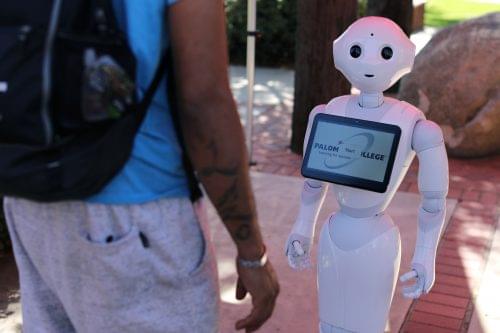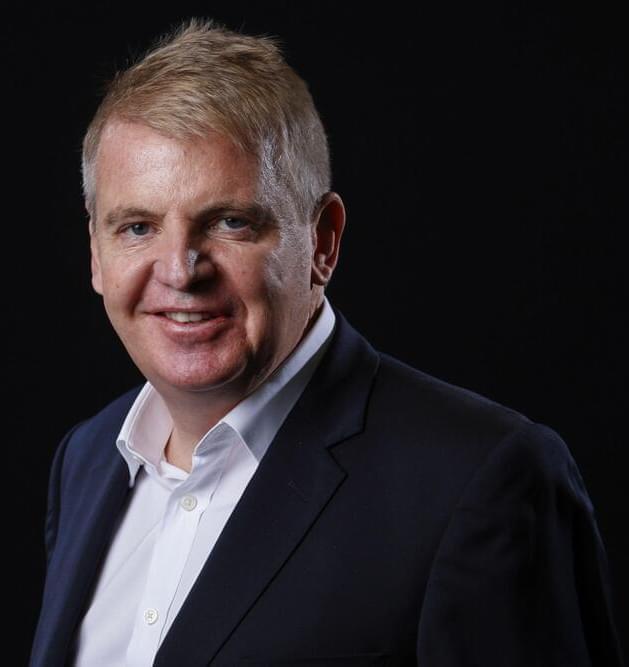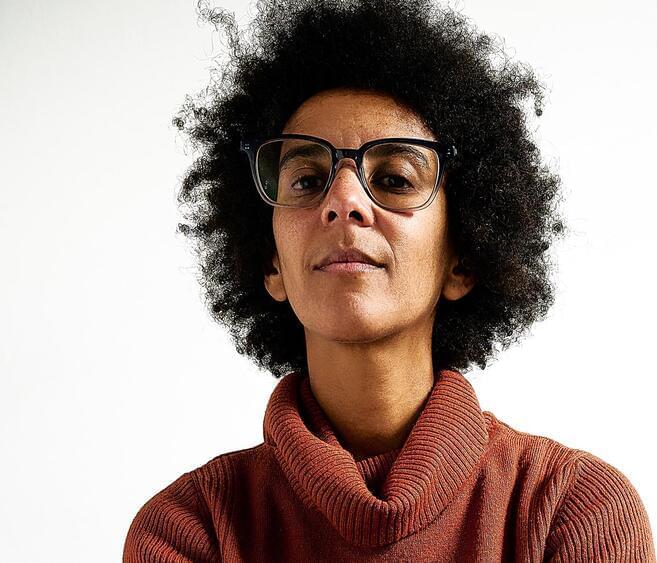Accelerating Research To Prevent & Cure Disease — Dr. Kevin Perrott, Ph.D., Founder & CEO, OpenCures; Co-Founder & Treasurer, SENS Research Foundation
Dr. Kevin Perrott, Ph.D. is Founder and CEO, OpenCures (https://opencures.org/), Adjunct Professor, University of Alberta, Co-Founder and Advisor, Oisin Biotechnologies, President, of Global Healthspan Policy Institute, and Co-Founder and Treasurer, SENS Research Foundation.
Kevin is a successful entrepreneur and owner of the largest motorcycle and snowmobile dealership in Canada, Riverside Honda and Skidoo Sales in Edmonton, Alberta. He became a cancer survivor, an experience which clearly highlighted the deficiencies of the current health technology development paradigm where the customer has almost no input in the development of their own health solutions. Armed with the realization that nothing is more valuable than health and the time to enjoy it with those you love, Kevin resolved to put his energies towards addressing these deficiencies.
In 2003, Kevin joined Aubrey de Grey and David Gobel to form the Methuselah Foundation which offered competitive prizes for advances in longevity science. A few years later he became a co-founder with Aubrey de Grey and others of SENS Research Foundation to develop interventions able to repair or make harmless the damage that accumulates and underlies multiple age-related disorders. Mostly recently, Kevin formed OpenCures as a for-benefit corporation helping individuals perform self-directed research, generate data, and focus the value of data on the health solutions they are interested in.
Kevin has authored and co-authored several peer-reviewed articles all focused on accelerating the science underlying the development of therapies for degenerative diseases. He is a co-founder of multiple non-profit and for-profit entities whose missions are aligned with that purpose.







